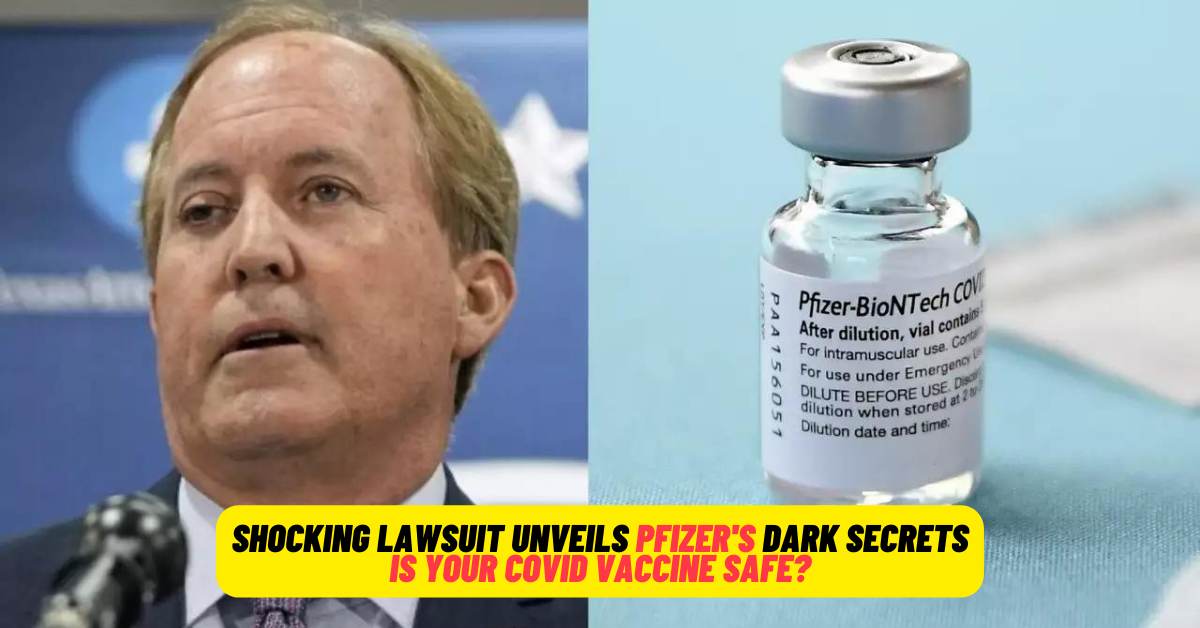Texas Attorney General Ken Paxton has filed a lawsuit against pharmaceutical giant Pfizer, alleging the company misrepresented the efficacy of its widely used COVID-19 vaccine. The legal complaint, filed in a Lubbock County state court, asserts that Pfizer’s claim of a 95% effectiveness rate is misleading. Paxton argues that the assertion is based on a “relative risk reduction,” using only two months of clinical trial data, while the “absolute risk reduction” indicates a mere 0.85% effectiveness.
Contents
Concerns Raised About Vaccine Efficacy
According to Paxton, the situation worsened despite widespread vaccination efforts, raising questions about the vaccine’s actual impact on curbing the pandemic. The lawsuit contends that Pfizer intentionally misled the public about the vaccine’s efficacy, suppressing dissenting voices to expedite product adoption and boost commercial opportunities.
BREAKING:🚨 I am suing Pfizer for misrepresenting Covid-19 vaccine efficacy and conspiring to censor public discourse. pic.twitter.com/63mZ1y6FNC
— Attorney General Ken Paxton (@KenPaxtonTX) November 30, 2023
The legal action aims to halt the company from making alleged false claims and censoring truthful discourse about its vaccine. Additionally, it seeks more than $10 million in fines, citing violations of a Texas law safeguarding consumers from deceptive marketing practices. Notably, the Company reports that over 1.5 billion people worldwide have received its COVID-19 vaccine, contributing to revenue exceeding $74 billion in 2021 and 2022.
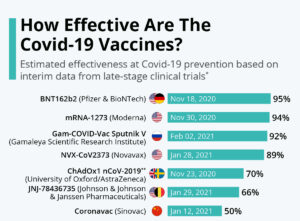
Pfizer Responds to Allegations
In response to the legal challenge, Pfizer issued a statement maintaining the accuracy and science-based nature of its vaccine representations. The company dismissed the lawsuit, expressing confidence that it lacks merit. The Company emphasized the favorable safety profile of its vaccine across all age groups, highlighting its effectiveness in preventing severe COVID-19 outcomes, such as hospitalization and death.
Comparative Efficacy Rates
| Vaccine | Claimed Effectiveness | Actual Effectiveness |
|---|---|---|
| Covid 19 | 95% | 0.85% |
Financial Impact
| Metric | Revenue (2021-2022) |
|---|---|
| COVID-19 Immuniz. | $74 billion |
Experts in infectious diseases have underscored the importance of relative risk reduction as a more meaningful metric for assessing vaccine efficacy than absolute risk reduction. This metric compares how well a vaccine protects recipients in comparison to a study’s control group.
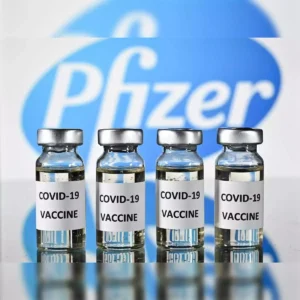
“In the pursuit of truth, even giants must face the reckoning of accountability.” — Ralph Waldo Emerson
Side effects
A recent BMJ study analyzing 8,000 reported cases across 46 studies affirms the rare occurrence of myocarditis after mRNA COVID-19 vaccination. Highest among young males post-second dose, Moderna may pose a slightly higher risk than Pfizer. Myocarditis rates drop when the second dose interval exceeds 30 days. For males aged 18-29, extending intervals beyond 56 days might reduce risks.
Pfizer makes the vaccine,
that hurts the heart,
that needs the treatment,
that Pfizer makes… pic.twitter.com/TrN3AqB4xu— ᴊᴀᴄᴋ ᴅᴀɴɢᴇʀ (@AmericazOutlaw) November 23, 2023
The study suggests Pfizer over Moderna and extended dosing intervals for younger individuals. While acknowledging uncertainties, the researchers emphasize the overall benefits of vaccination and advocate ongoing surveillance, especially for boosters and younger demographics.
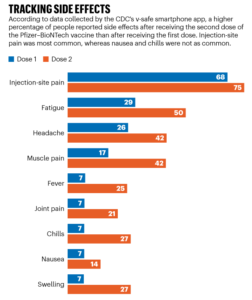
Political Critique and Previous Lawsuit
Texas Attorney General Ken Paxton, a Republican, has been a vocal critic of the Biden administration’s pandemic response efforts. Earlier this year, Paxton initiated an inquiry into whether Pfizer, Moderna, and Johnson & Johnson misrepresented their vaccines’ efficacy, focusing on the scientific and ethical foundations of public health decisions related to COVID-19.
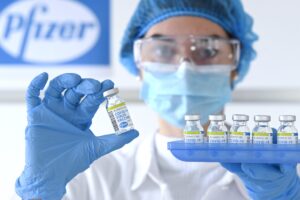
Read More – ELON MUSK’S NEURALINK UNVEILS $43M BOOST! HUMAN TRIALS IMMINENT
This legal action is Paxton’s second against the company in November. In a separate case unsealed on Nov. 21, Paxton accused the company and a supplier of manipulating quality control tests, leading to the distribution of ineffective drugs to treat attention deficit hyperactivity disorder in children.
The status of investigations into Moderna and Johnson & Johnson remains unclear at this time, as Paxton’s office has not responded to requests for comment.
As legal battles unfold between Texas Attorney General Ken Paxton and Pfizer, the controversy surrounding COVID-19 vaccine efficacy takes center stage. The outcome of this lawsuit could have far-reaching implications for public trust in vaccination efforts and the pharmaceutical industry’s accountability. As the legal proceedings progress, it remains to be seen how these developments will shape the ongoing discourse on vaccine safety and effectiveness.
FAQs:
Q: Is Pfizer’s COVID-19 vaccine truly 95% effective?
A: The lawsuit alleges Pfizer’s claim is based on a “relative risk reduction” of 95%, but the “absolute risk reduction” is only 0.85%.
Q: Why is the Texas Attorney General suing Pfizer?
A: The lawsuit accuses Pfizer of intentionally misrepresenting vaccine efficacy, suppressing dissent, and violating consumer protection laws.
Q: What financial impact has Pfizer seen from the COVID-19 vaccine?
A: Pfizer reported over $74 billion in revenue in 2021-2022 related to COVID-19 immunizations.
Q: How many people received Pfizer’s COVID-19 vaccine globally?
A: Pfizer claims over 1.5 billion people worldwide have received its COVID-19 vaccine.
Q: What is the experts’ view on vaccine efficacy metrics?
A: Infectious disease experts emphasize that relative risk reduction is a more meaningful metric than absolute risk reduction.
